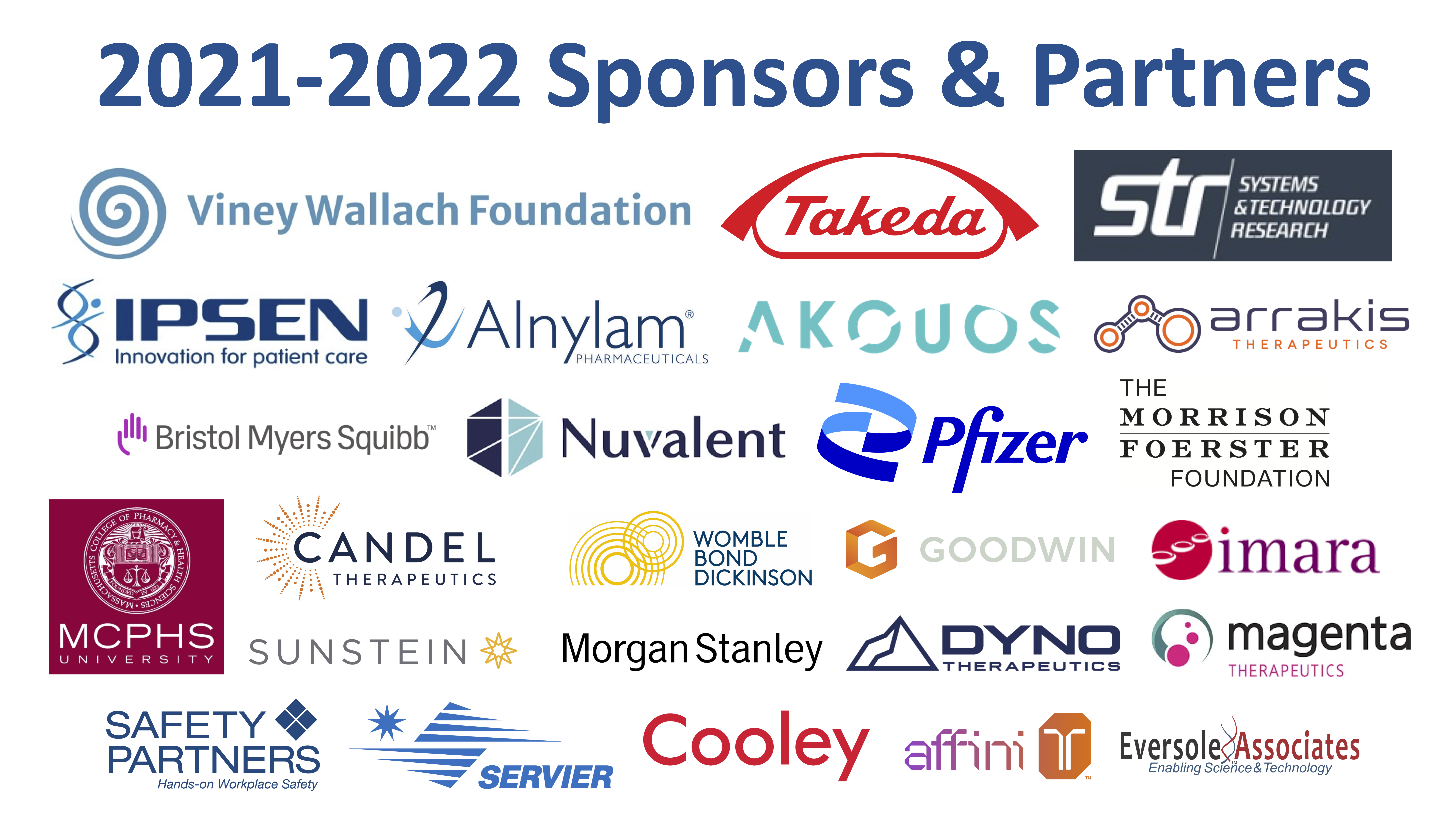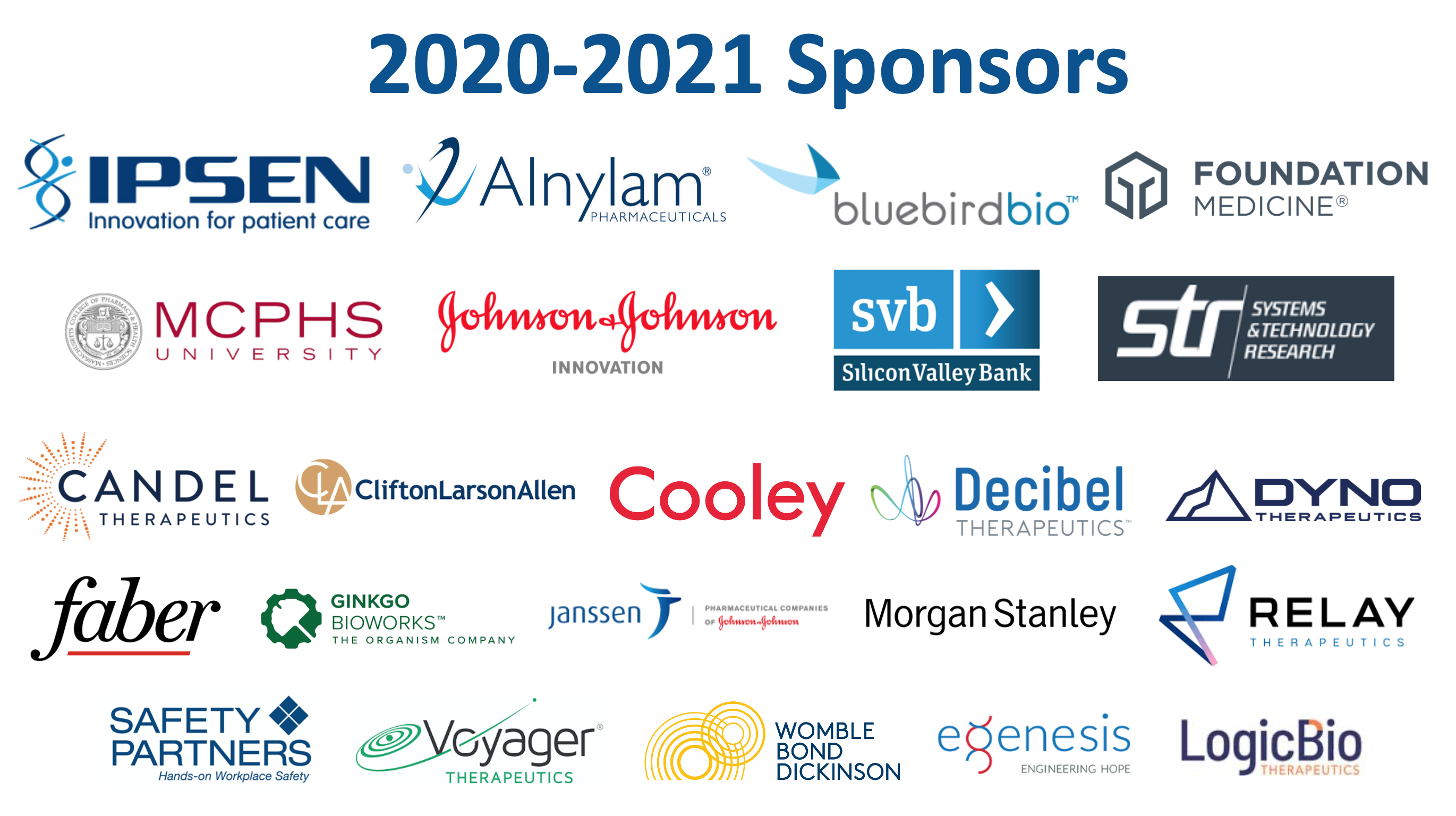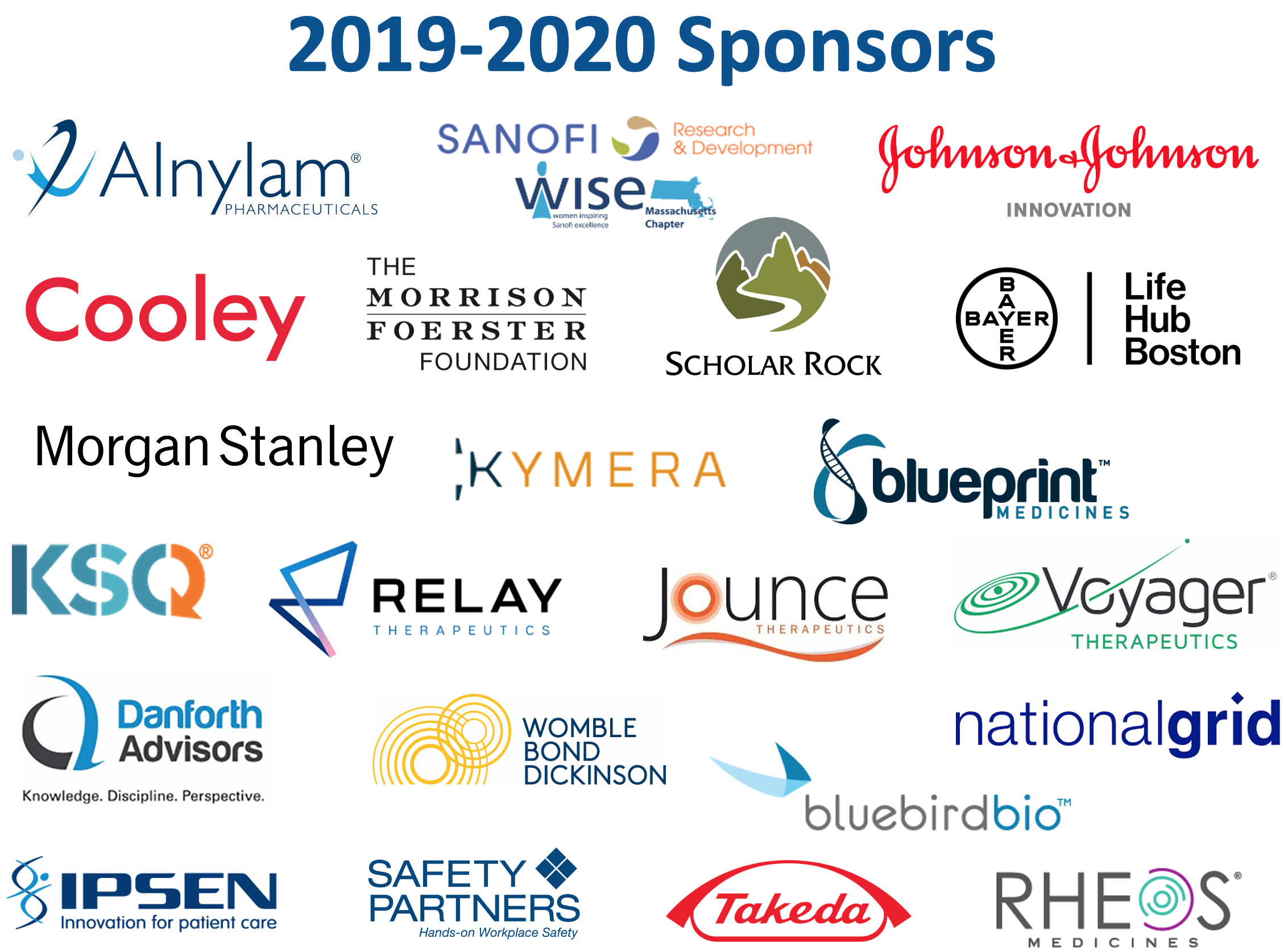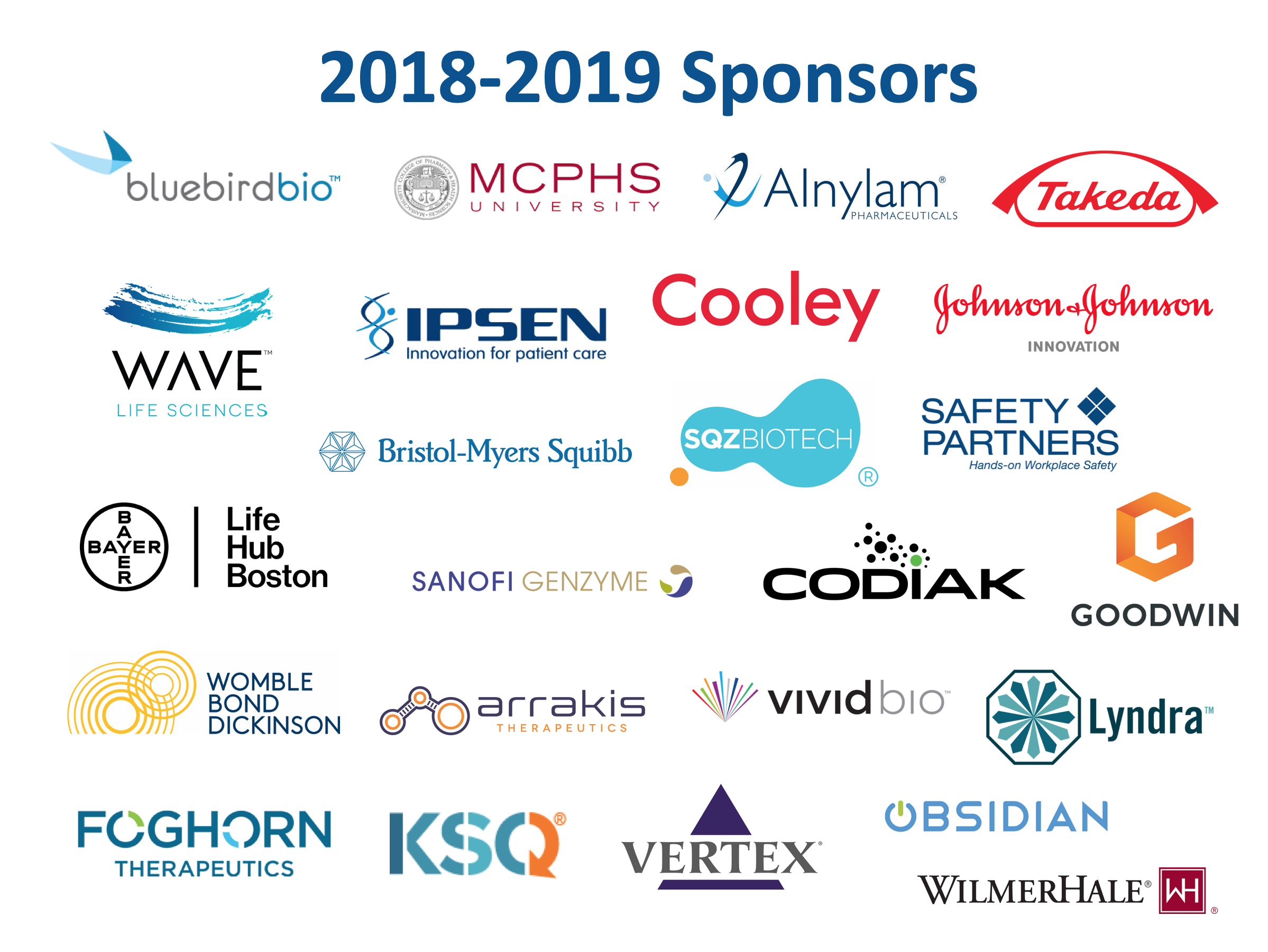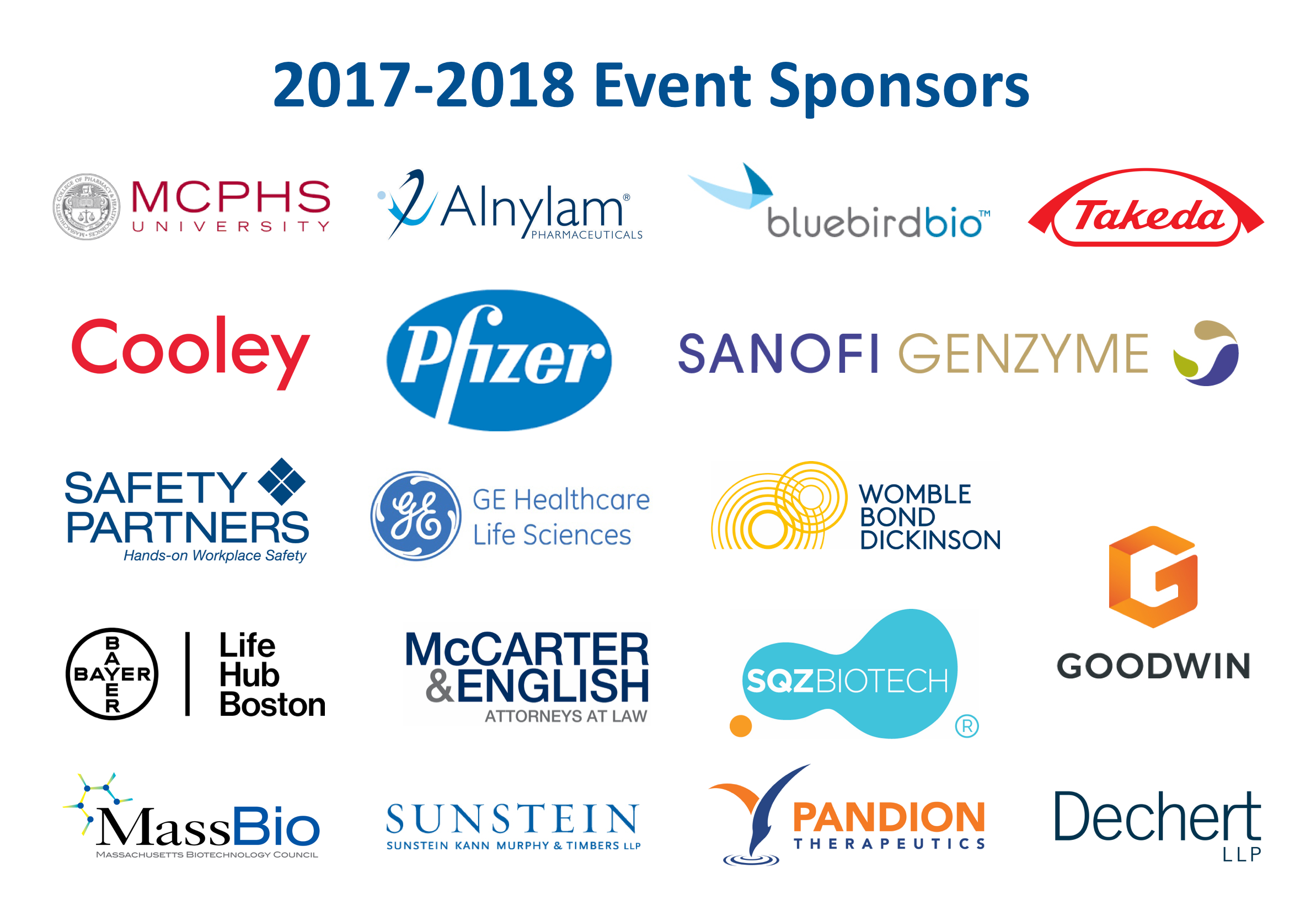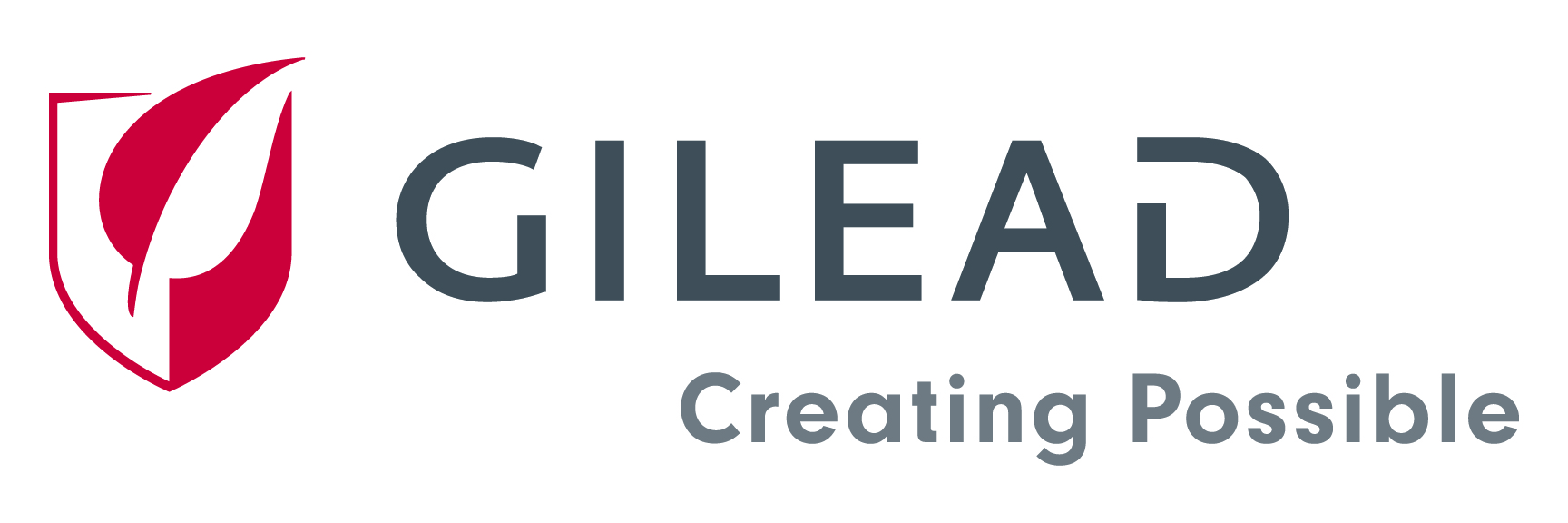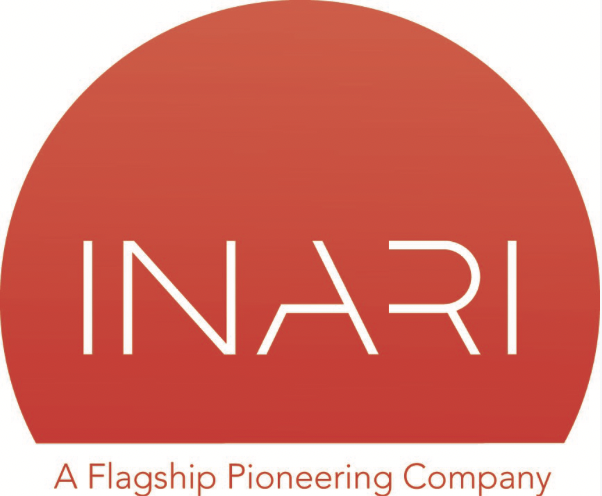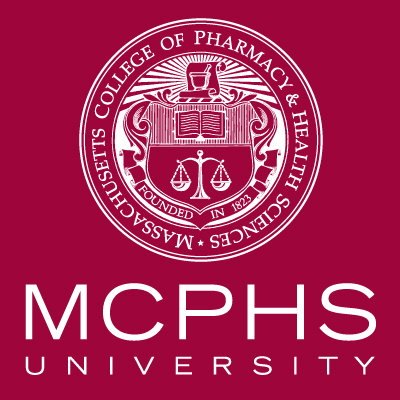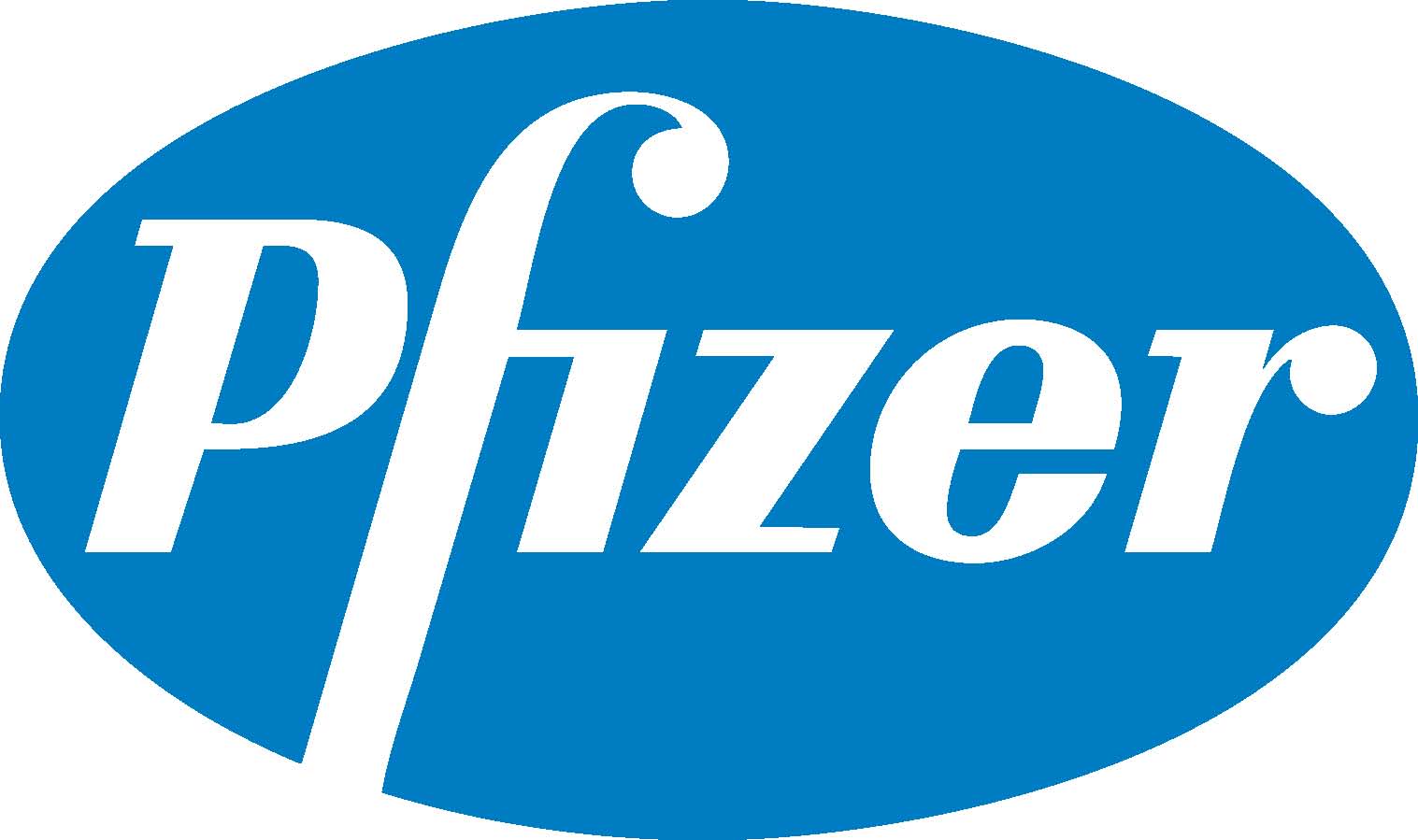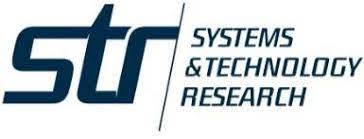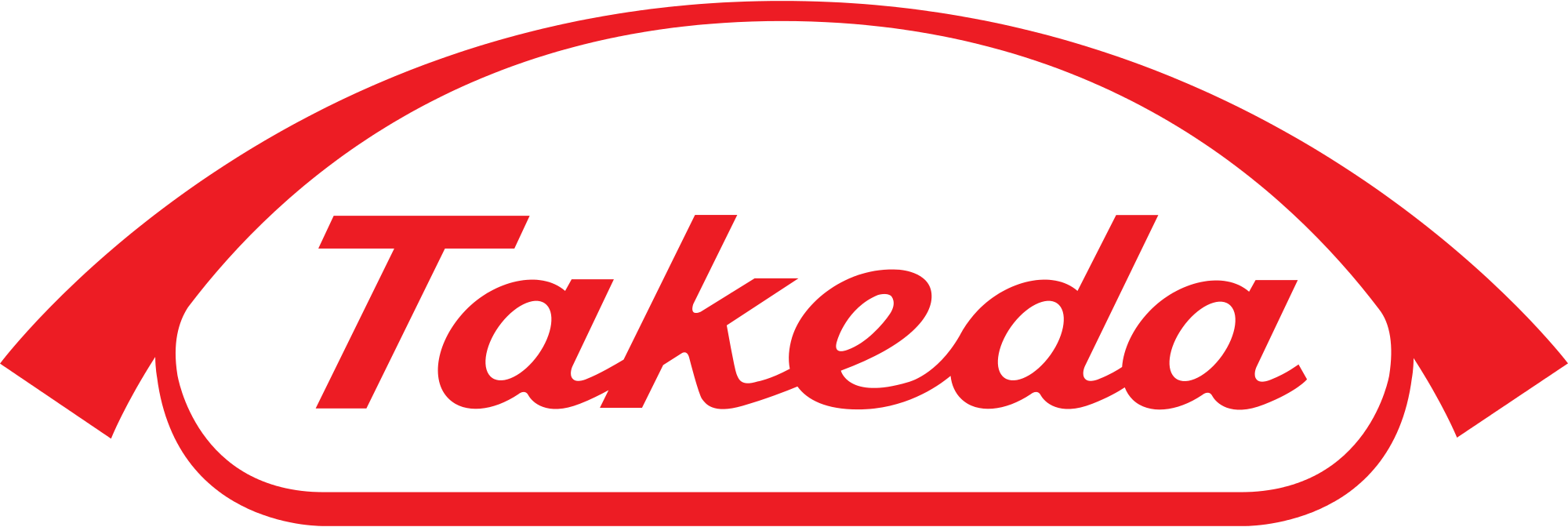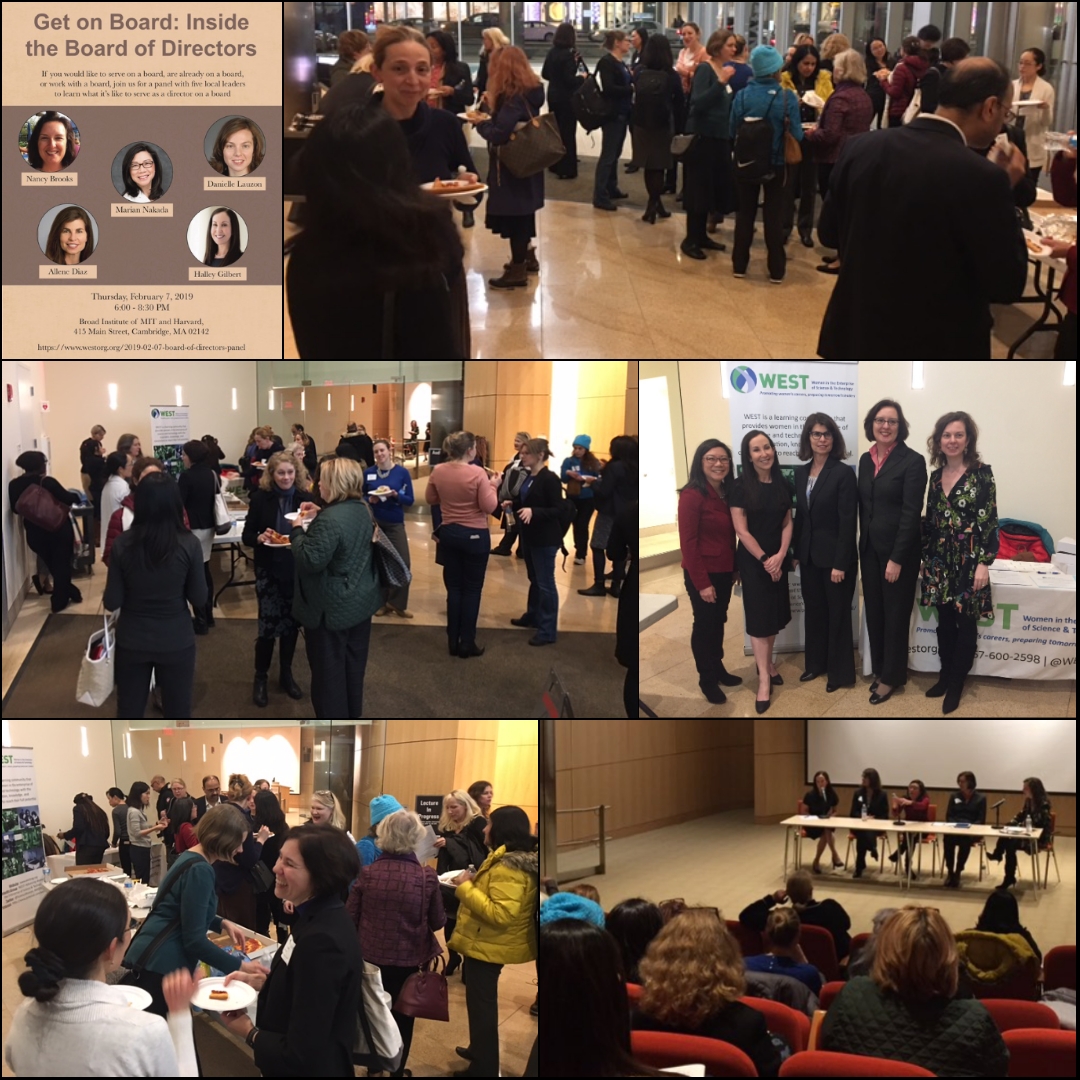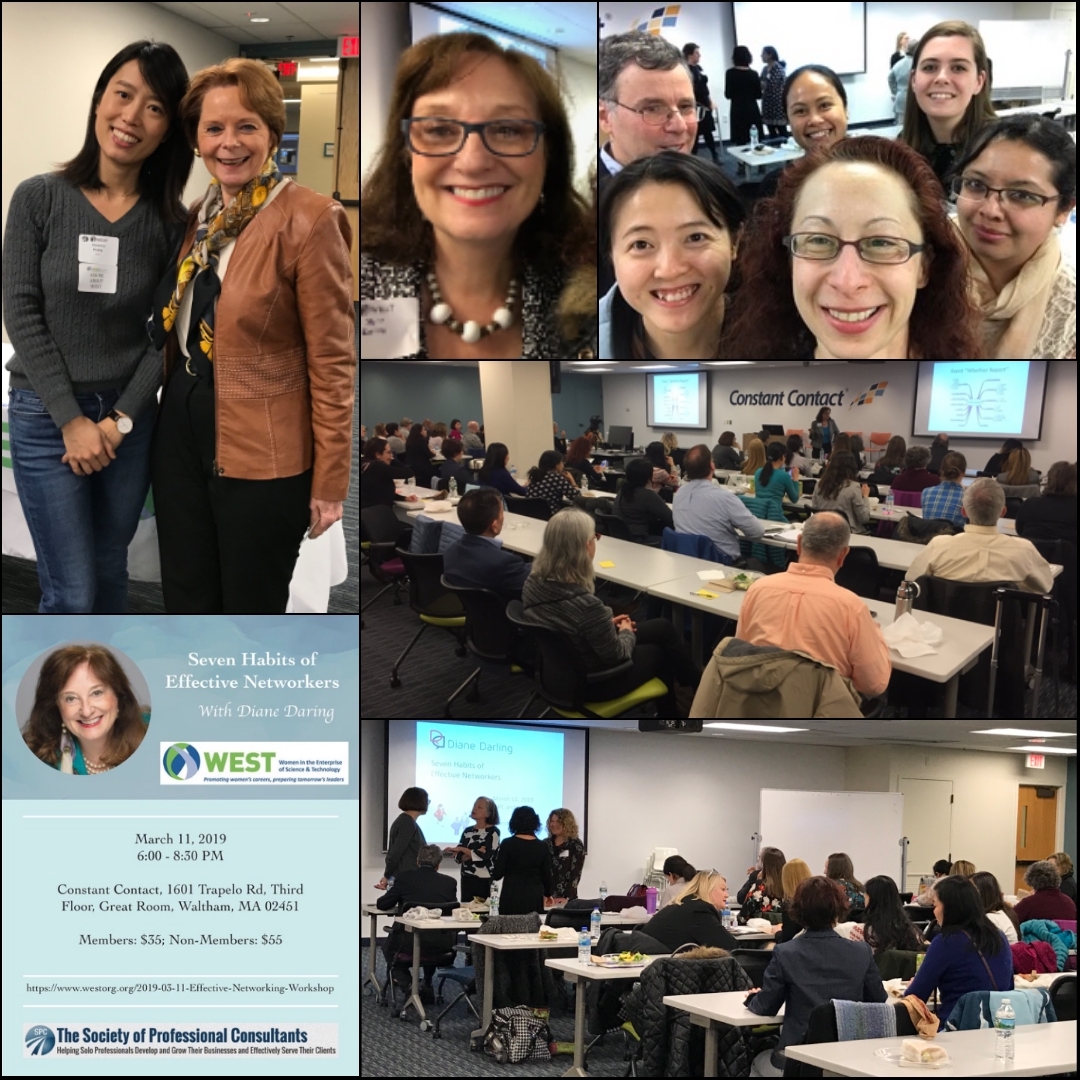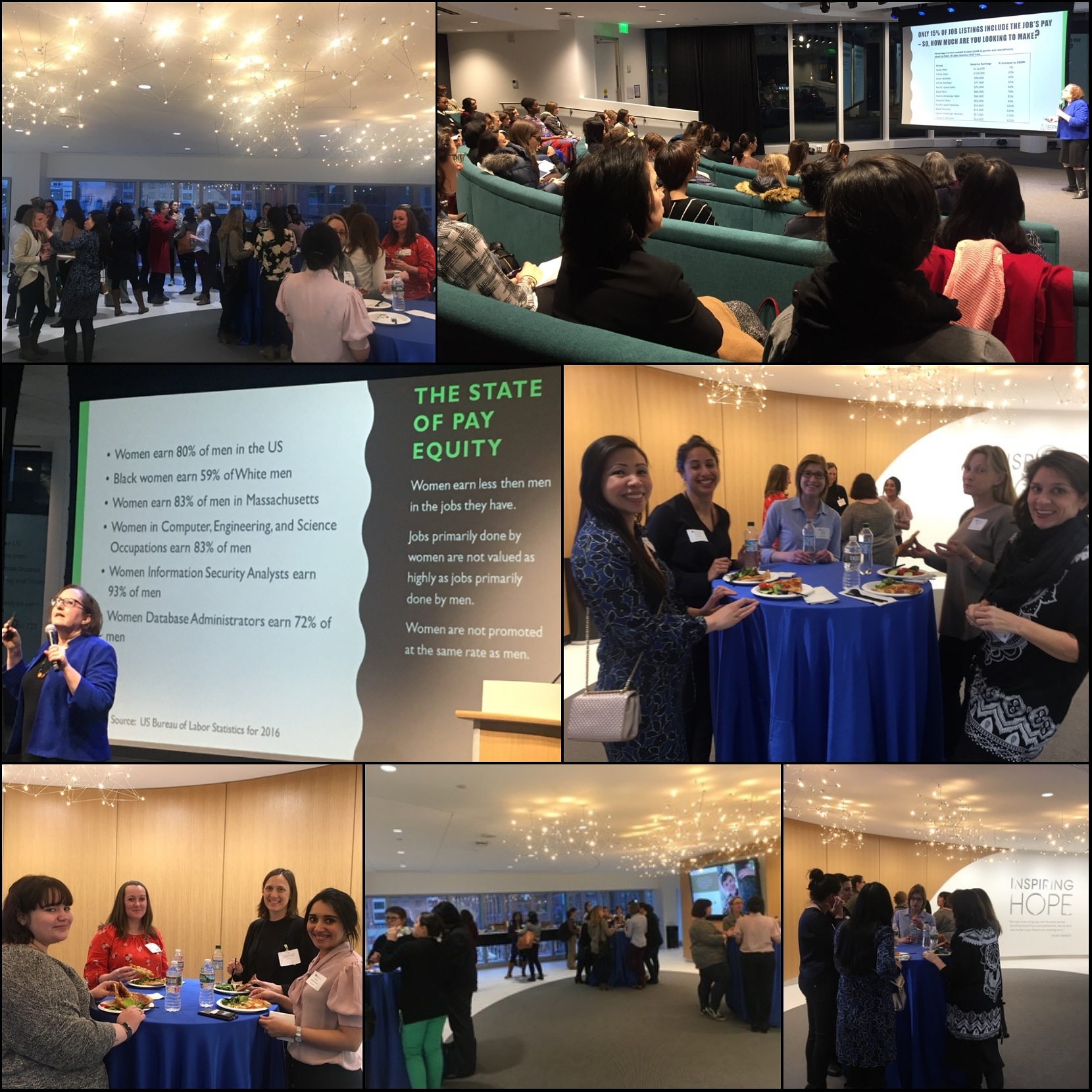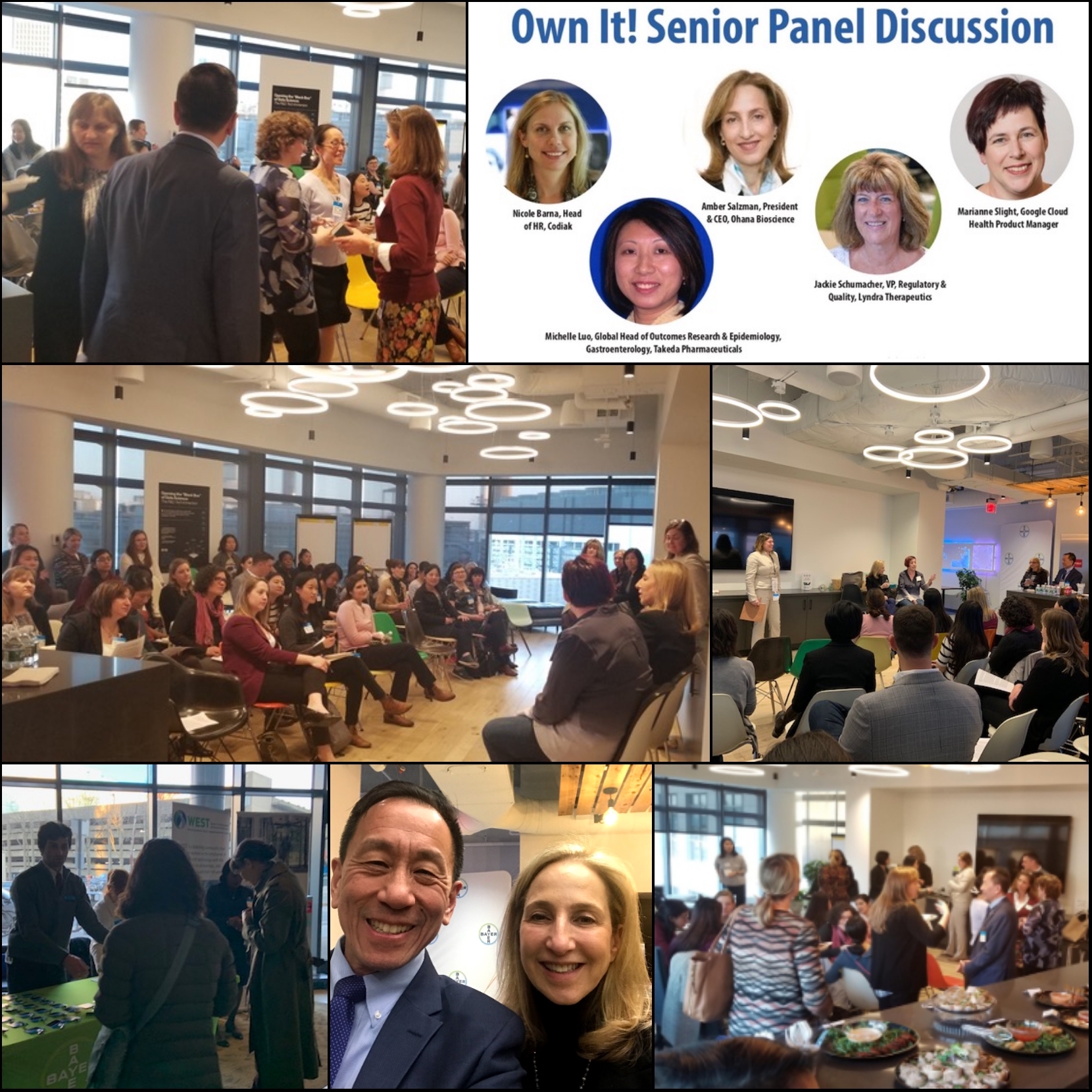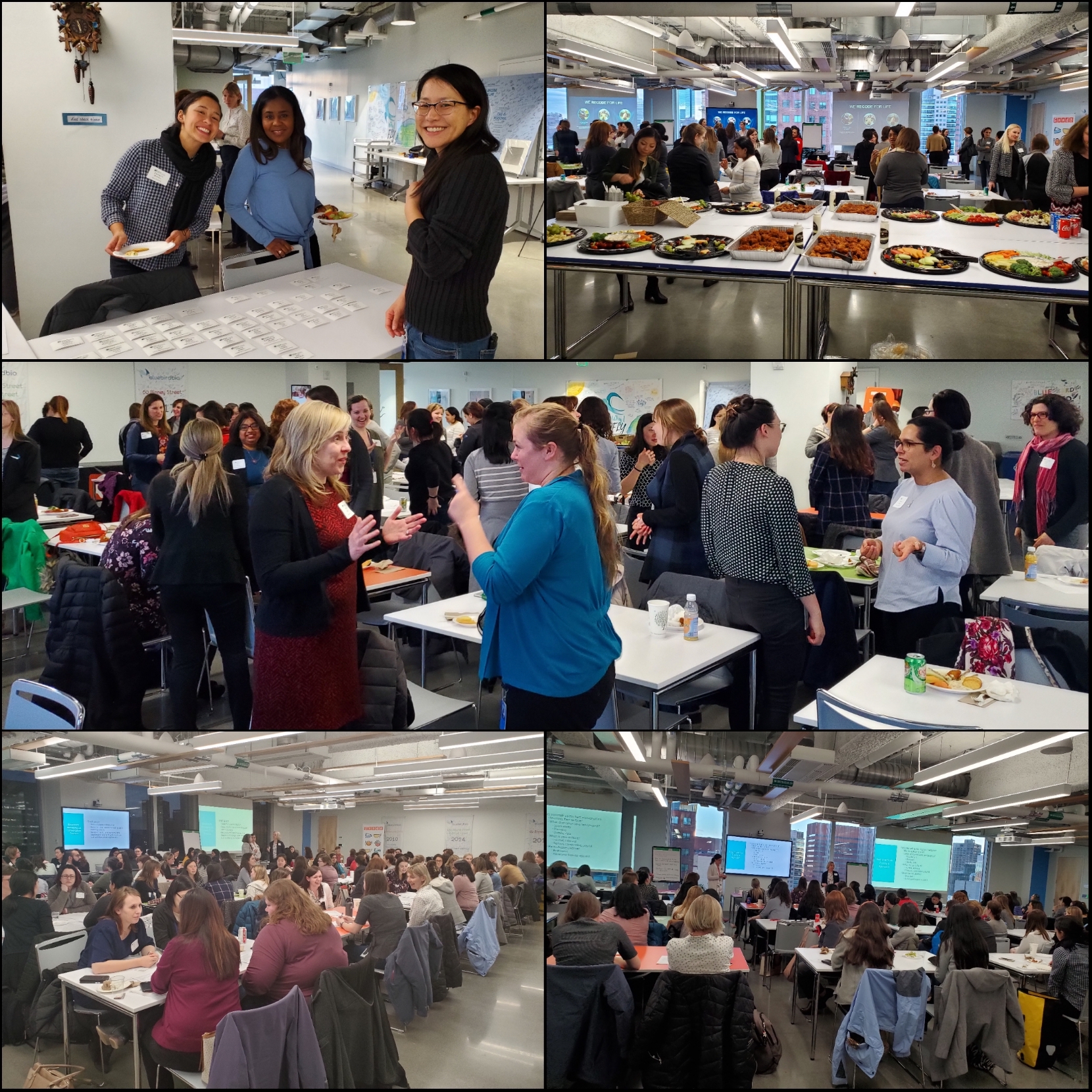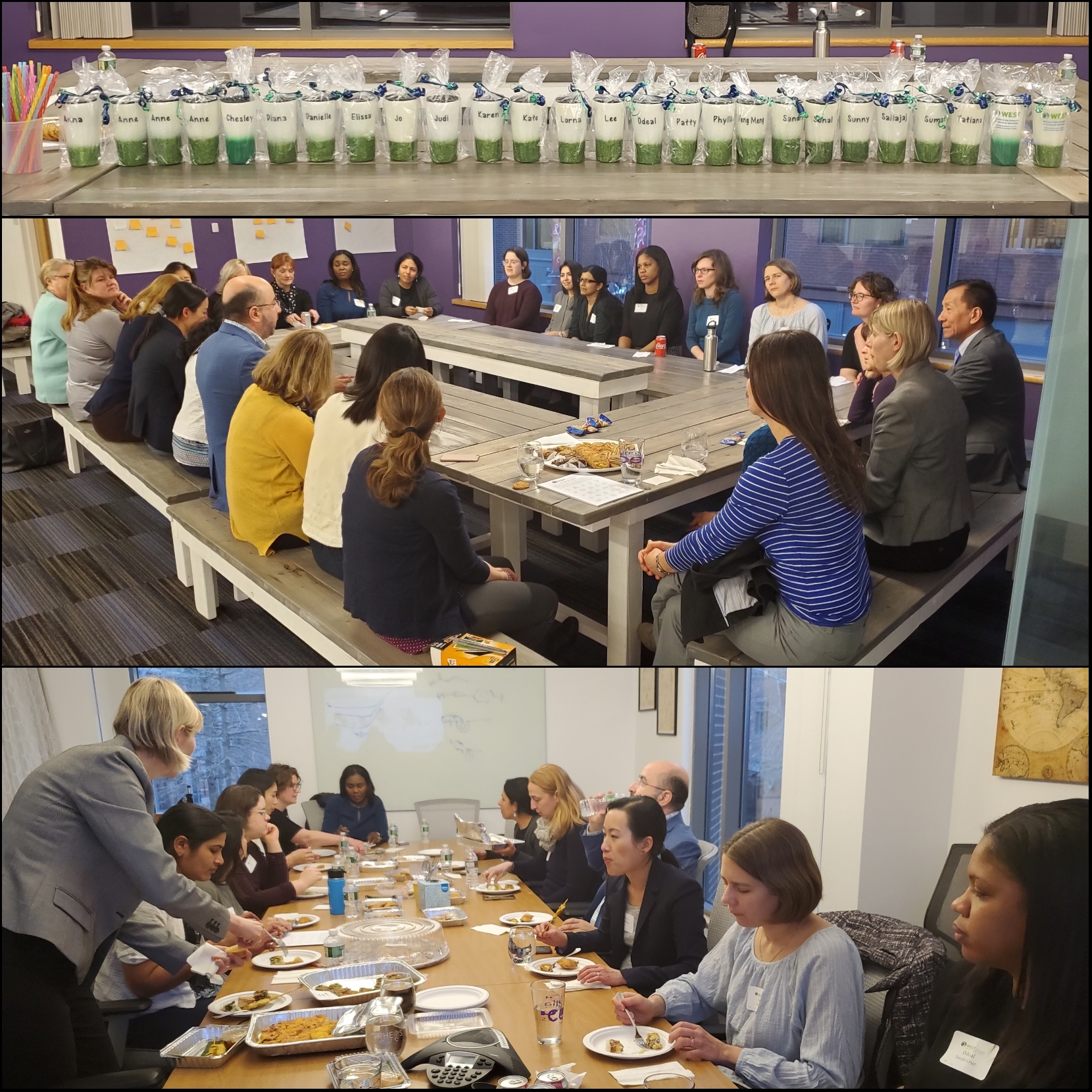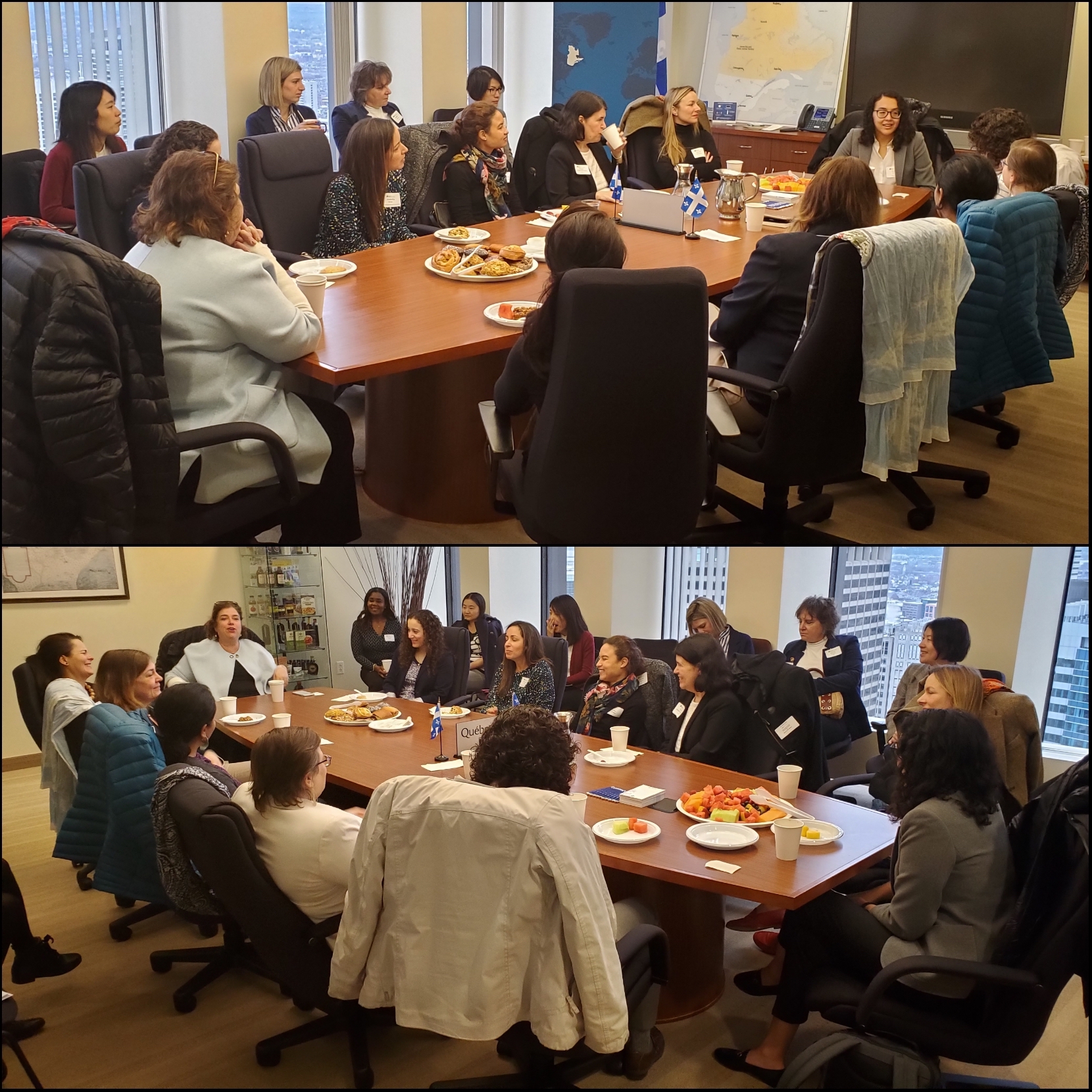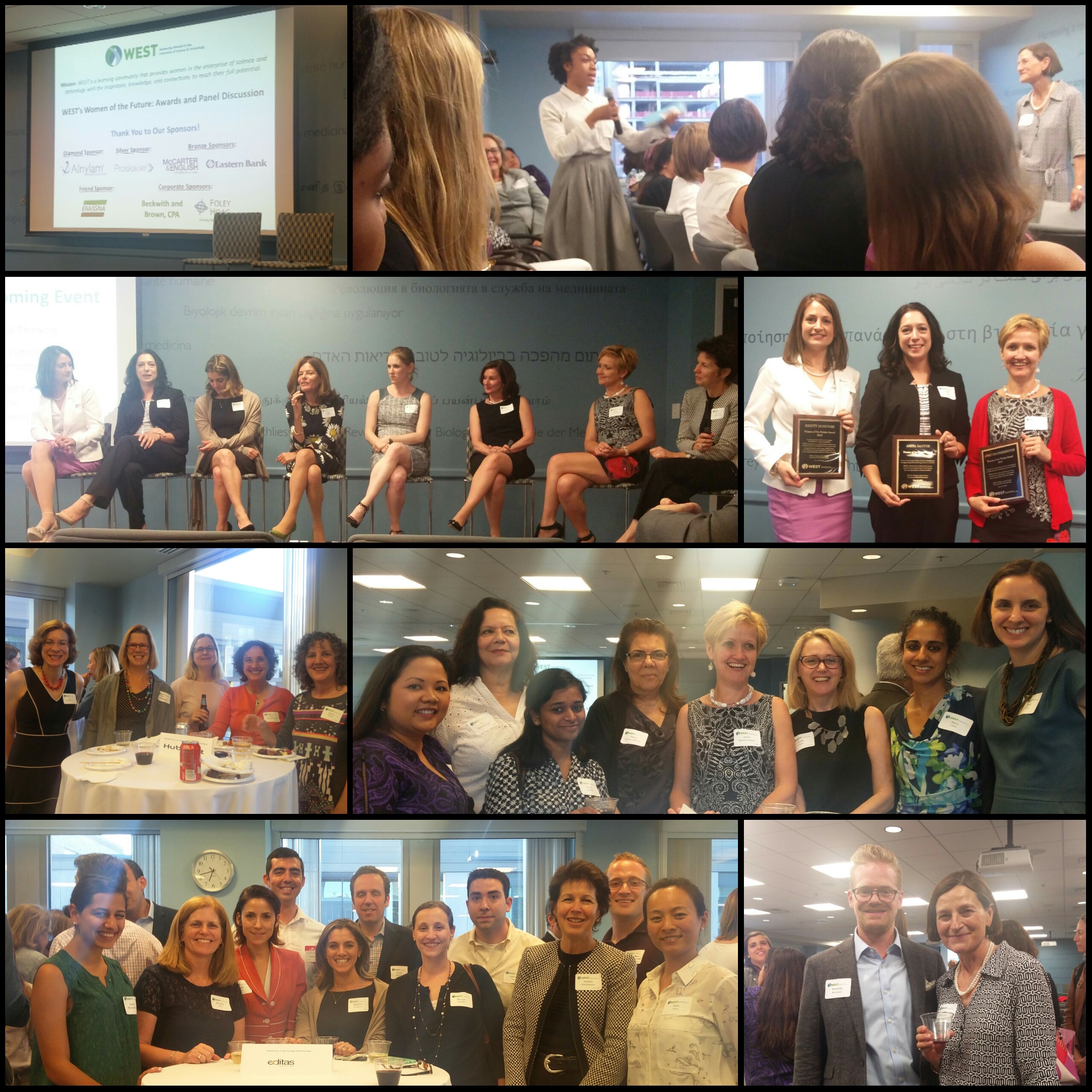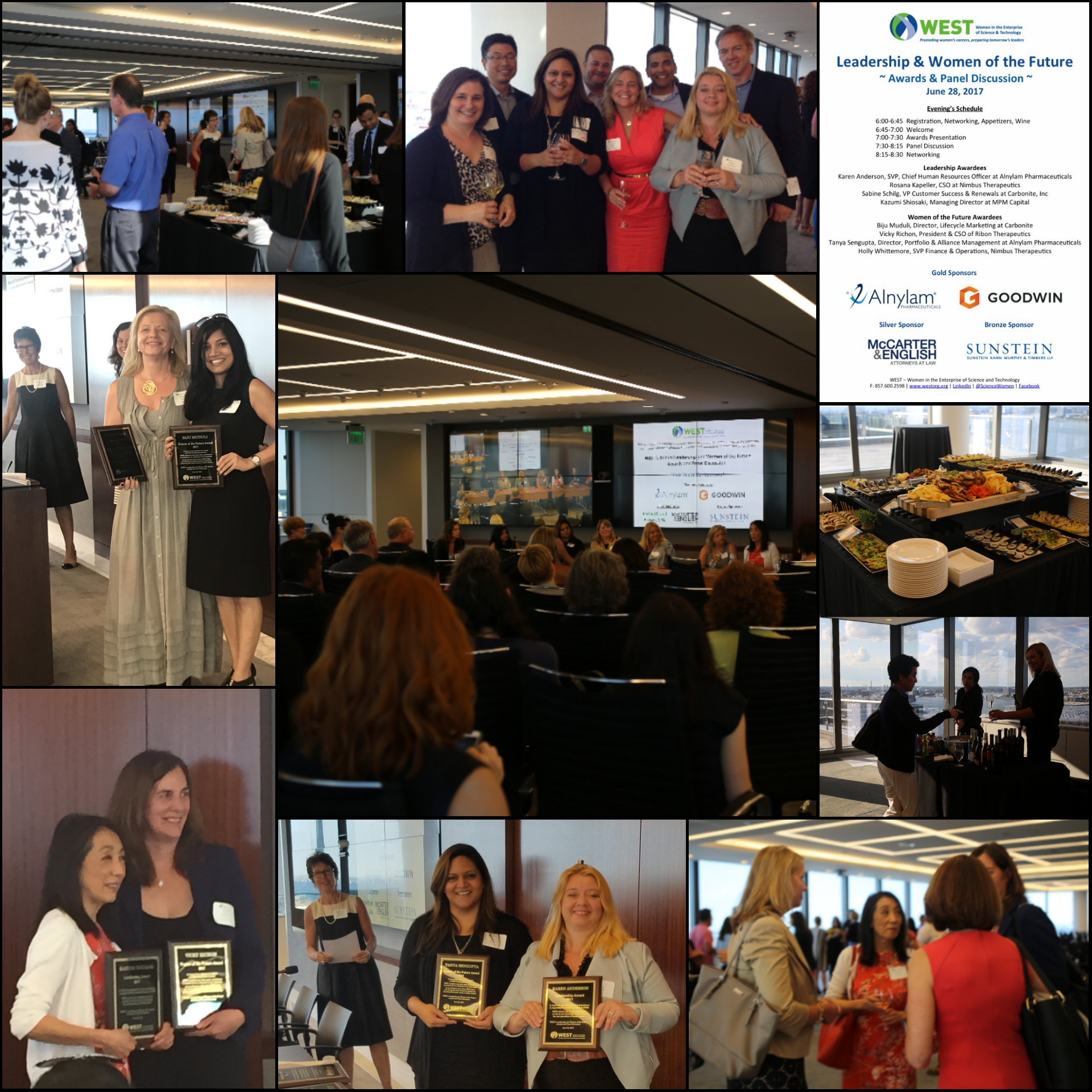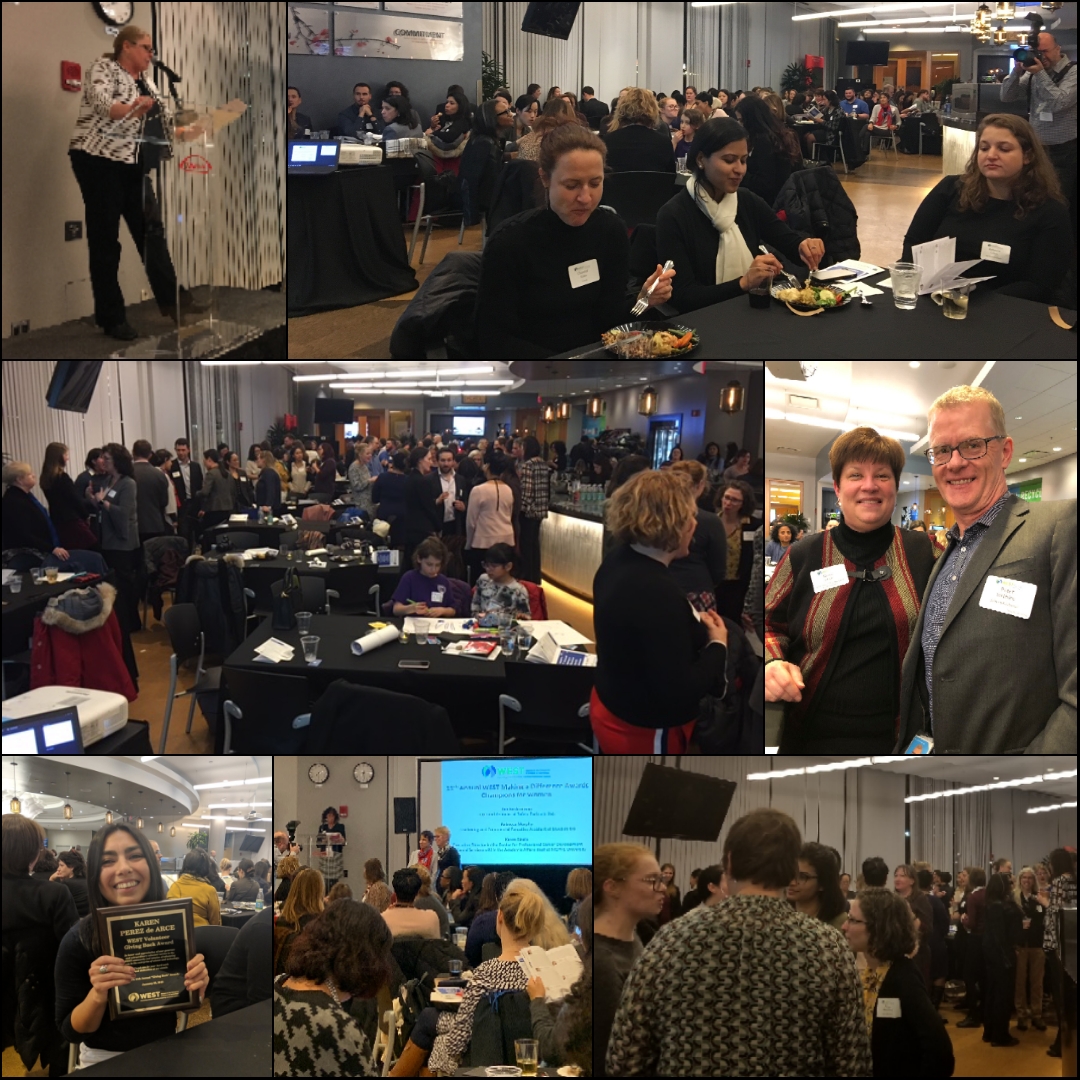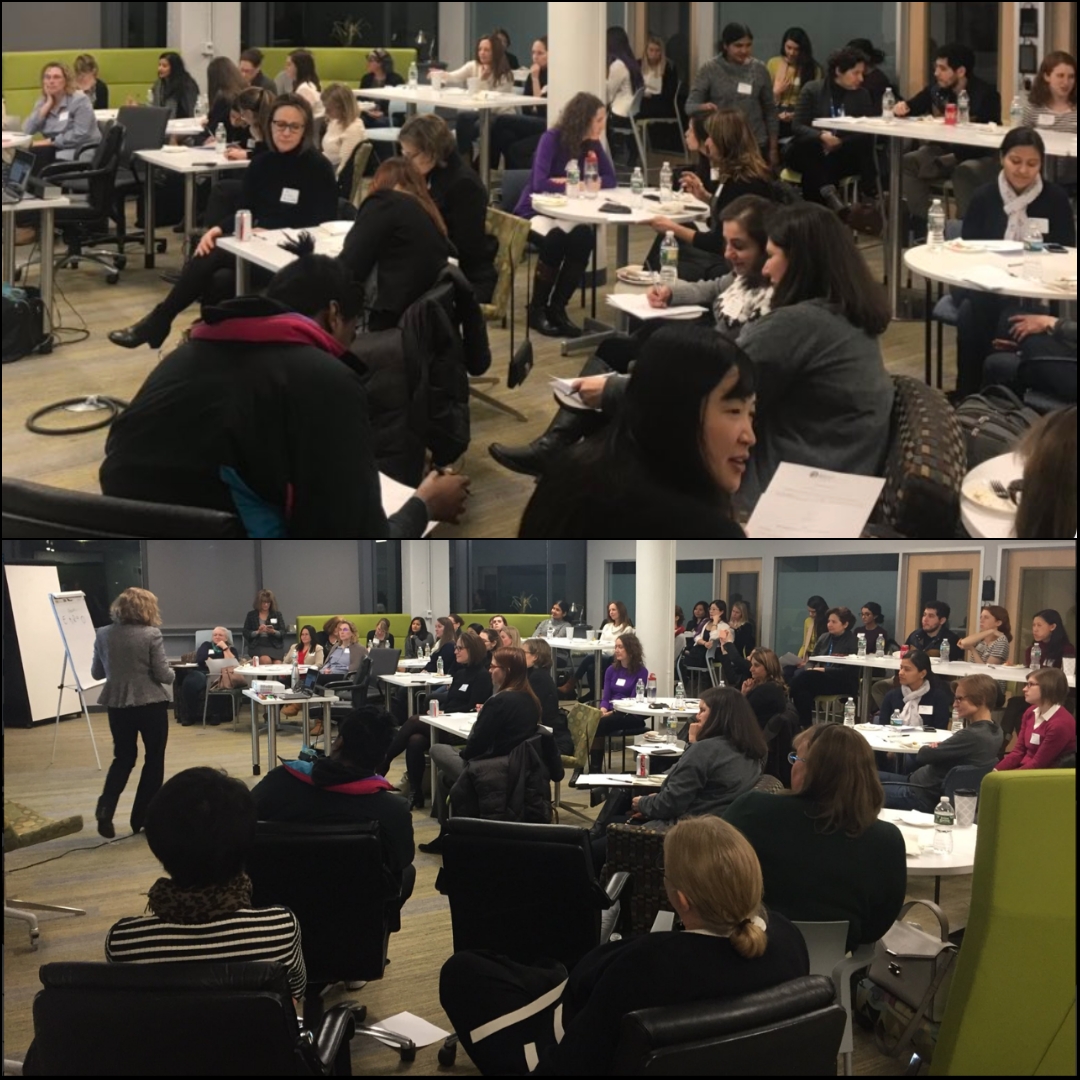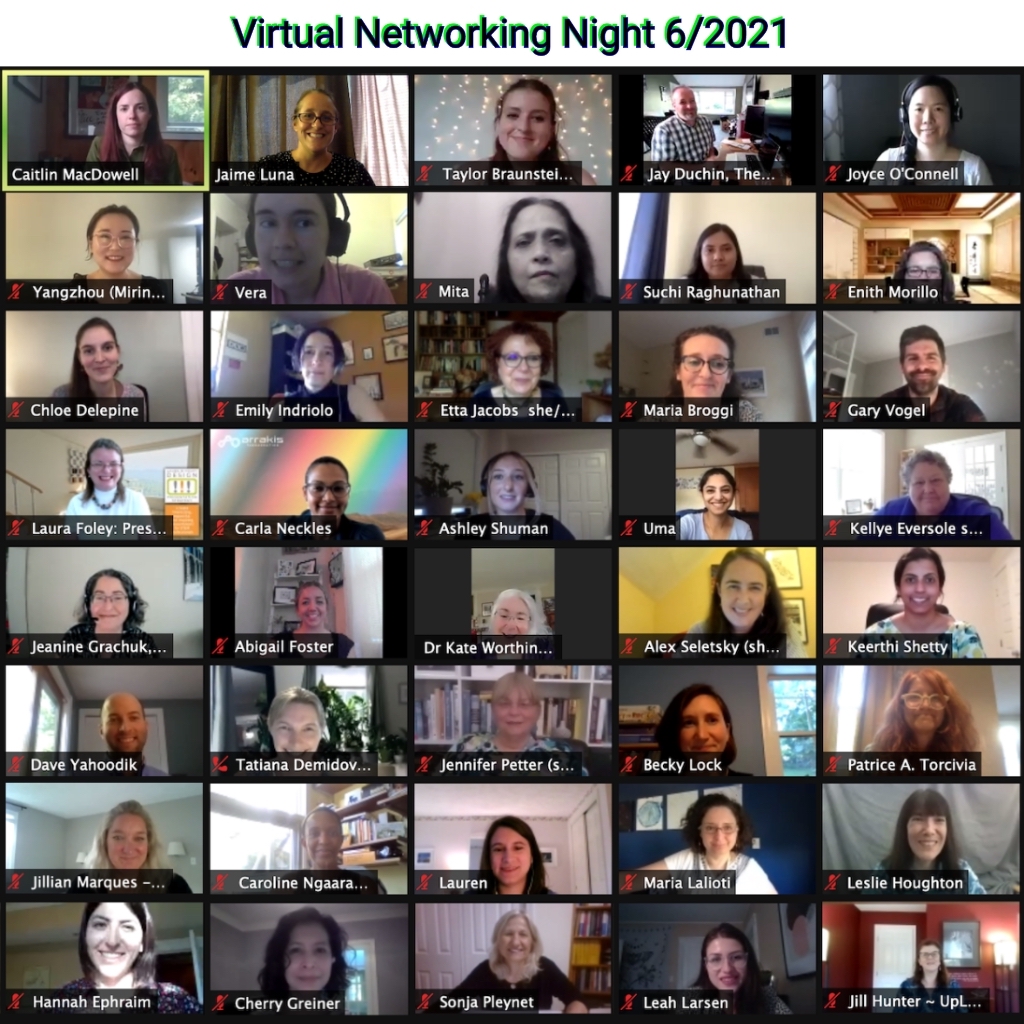Always Have Extra Cab Fare
by Christiana DelloRusso, PhD
March 2008
Two-thirds of scientists and engineers work outside of academia. Panelists at a recent WEST/Women Entrepreneurs in Science and Technology event* provided some valuable insights into exploring so-called 'alternative careers' in science and engineering:
NETWORK: It is crucially important to build and maintain both personal and professional networks. Job opportunities came to the panelists by word of mouth through colleagues, friends, contacts at networking events, and even a personal physician!
VALUABLE SKILLS: When writing a resume or preparing for job searches and interviews, think hard about everything you do on a daily basis, even down to organizing the freezer. Don't underestimate (and provide specific examples of) your ability to manage, collaborate, write, present, sell, analyze, communicate, organize, teach, and lead
SERENDIPITY: Serendipity and connections lead to unique opportunities when you might never expect them. A story related later in the evening recalled a highly successful advertising executive who visited one of her former co-workers, now a business owner himself. He asked if she was looking for a job. She said no, but that he had been the only nice person to her at their former company, and offered him 4 million dollars worth of business on the spot.
MINDSET: An entrepreneurial mindset is key, as the perfect dream job may not fall into your lap immediately. What every position will offer you is a chance to acquire new skills, perfect your talents, learn about yourself, and make new connections that will lead to future opportunities.
RISKS: Take risks that are appropriate for your stage of life and listen to gut feelings, as all aspects of the personal and professional are integrally linked. One of the panelists had a career epiphany at 2am nursing her second child. Instead of dismissing the revelation as exhaustion, she made the decision to leave academia and never looked back.
The WEST "Alternative Careers In Science and Technology" event took place on Thursday, March 13th 2008. It was an energizing evening of networking and discussion. Four PhD panelists shared stories of how they left academia for science careers that challenge and inspire them, afford new skills, and provide important professional contacts. Each of the panelists stressed valuable insights that were echoed throughout the evening:
Laurie Goodman, PhD.is currently a freelance writer and editor, press agent, and part-time course instructor for Boston University. Laurie hates working on one thing and loves working on her own. Her career offers her immense flexibility and keeps her from becoming completely "bored to tears" -- a problem she noticed early in graduate school. Her commitment to science communication led to editorial positions at Nature Genetics and Genome Research. She also served as the Director of the Broad Institute Museum and published a novel while still in graduate school -- opportunities that gave her the experience and confidence to do what she truly desired -- freelance. However, she warned, freelancing is not for the financially-wary; it provides no benefits and no assurance of the source or amount of next month's paycheck.
Pamela Stetkiewicz, PhD.was a former science liaison at a law firm that handled toxic waste litigation, noted her more structured daily life as US Head of Research Management for Novartis. As an executive-level project manager, she oversees cross-functional drug development teams composed of the multiple players that bring a drug from early efficacy trials to market. She relishes the teamwork, constant learning, and diversity of tasks required of the job, but reminded us that while industry pays handsomely, it isn't where a restless academic should seek to work fewer hours.
Marie Lossky, PhD turned down an academic position to quench her curiosity in technology transfer. At the conclusion of a training course where she had "buttonholed" all of the instructors from the Boston area, she invited herself into a cab with the director of the MGH tech transfer office for an impromptu informational interview. Two weeks later she had a job there. After ten years of tech transfer she is the new Director of Business Development and Intellectual Property at Solace Pharmaceuticals, a position she says she couldn't have handled years ago when her children were young but is now the perfect growth opportunity.
Nitasha Manchanda, PhD is an analyst at Decision Resources, Inc., a research and advisory firm that publishes third party syndicated reports and sells them to companies. She obtained the position by networking right out of graduate school and is learning a lot about herself, namely, that she would like to do something more entrepreneurial in her future. But for now she is sharpening her writing skills, learning about the intersection of science and business, and gaining consulting experience through opportunities in the company.
* The WEST Event "Exploring Alternative Careers for Scientists and Engineers" was held on March 6 in Cambridge MA. The event was sponsored through the generous support of the Novartis Institutes for BioMedical Research (NIBR) and the MIT Professional Education Programs.
|

